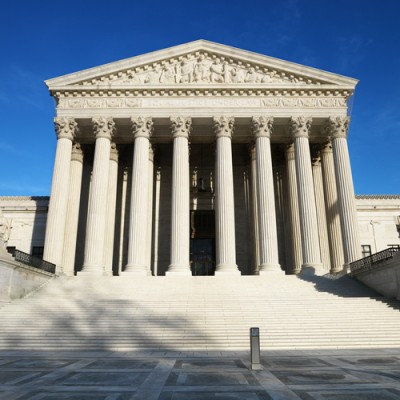Supreme Court to decide whether man can challenge criminal law after he pleads guilty to violation

The U.S. Supreme Court on Tuesday agreed to decide whether a defendant can challenge a criminal law barring guns near the U.S. Capitol Building after he pleaded guilty to its violation.
The Supreme Court agreed to hear the case of Rodney Class, a retired veteran who brought lawfully owned guns to Washington, D.C., and left them in his parked car about 1,000 feet away from the U.S. Capitol Building, according to his cert petition (PDF). Class had parked in a lot considered part of the Capitol grounds, where firearms are prohibited by federal law.
Before Class pleaded guilty to violating the law, he claimed the law violated his Second Amendment rights and his arrest violated his due-process rights because there was no sign or notice that guns were banned in the area. The plea agreement did not have a clause waiving Class’ right to appeal. The government argued that Class had inherently waived his right to raise constitutional claims.
Federal appeals courts have split on the issue, according to the cert petition. Some have held that a guilty plea inherently waives every underlying constitutional claim except for claims of double jeopardy and vindictive prosecution. Others have held that a guilty plea concedes factual guilt but does not generally bar constitutional challenges. A third group allows facial challenges to a statute after a guilty plea, but not challenges of constitutionality as applied to the defendant.
Hat tip to SCOTUSblog. Its case page on Class v. United States is here.



